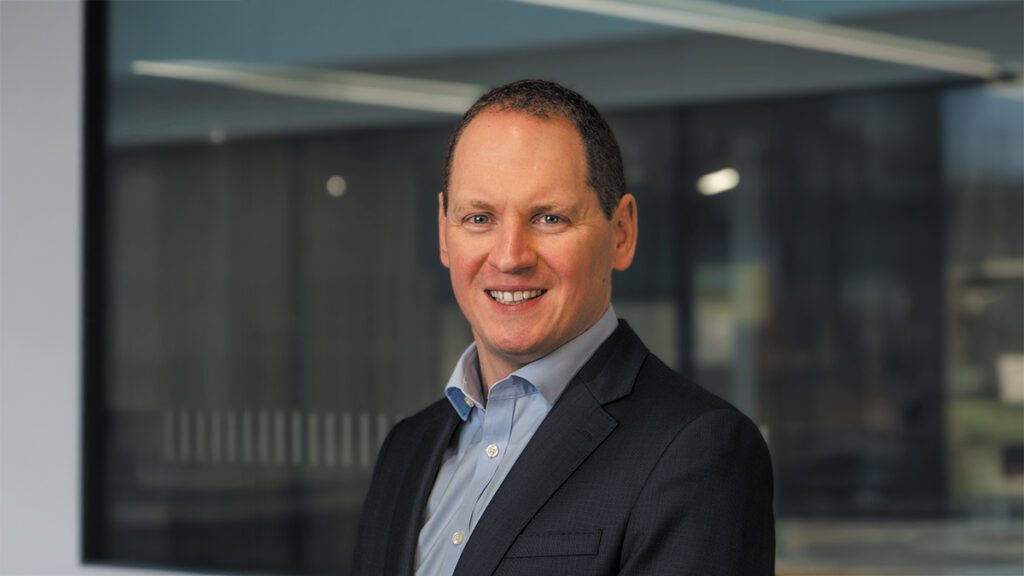Kris Aspin heads EY Parthenon’s Turnaround and Restructuring Strategy practice in Scotland, a team dedicated to helping organisations navigate complex and urgent challenges
At its core, our work at EY is about helping CEOs and boards to have the confidence to navigate today’s financial challenges.
These can take many forms, from liquidity pressure arising from trading underperformance or unexpected operational outage, to a need to access capital to transform to survive, or to refinancing when existing lender appetite is reduced.
Such complex and critical challenges demand deep industry experience, a collaborative approach, rapid execution and a comprehensive suite of advisory services to solve.
EY Scotland uniquely combines a large and experienced local team with access to over 25,000 EY-Parthenon people across 150 countries to deliver solutions at pace. Our track record and depth of offering is why Scottish businesses navigating their most complex situations engage our team.
Scottish businesses have shown adaptability and resilience having been faced with over a decade of economic uncertainty, from local to geo-politics, pandemic lockdown consequences and subsequent inflation and supply chain challenges, and they continue to face significant headwinds.
While some areas of the Scottish economy are growing strongly, such as the services sectors and construction, Scottish economic growth stalled at the end of 2024 as businesses contemplated the implications of higher taxes and rising inflation.
Consumer-facing sectors, such as hospitality, retail and arts and entertainment, struggled significantly in Q4 in the face of the cost-of-living crisis, and are forecast to remain weak during 2025 according to the latest EY ITEM Club Scotland forecast.
The UK has seen a significant increase in labour costs over the past five years, driven by factors including the increase in minimum wage and contractions in the available workforce. The increase in employers’ National Insurance Contributions is a concern for many businesses and could lead to lower employment rates and wage growth.

A recent report by the Chartered Institute of Personnel and Development revealed that just over a third of companies plan to reduce their headcount, marking the most significant downward change in employer sentiment in the last decade, excluding the pandemic.
Inflation is projected to rise in 2025 driven by energy and utility prices, and January’s inflation rate was above the Bank of England’s forecast.
A rise in inflation may weaken consumer sentiment and spending power and drive an increase in costs for businesses, although further interest rate cuts could support investment and consumer demand.
US tariff policy is moving rapidly and is a significant risk to global growth. Scottish businesses that sell into or source from the US may face higher costs or disruptions to their supply chains. The reaction of countries to US tariff policy may also have a significant impact – we should not expect uniform responses in trade policy.
The overwhelming number of policy changes and uncertainties facing businesses today can create confusion and complicate decision-making for business leaders.
And the ramifications of these changes can reverberate through supply chains, affecting multiple companies and jobs.
Scottish businesses will no doubt continue to display the remarkable resilience that has characterised the last decade in the face of these headwinds. However our advice is to act quickly if signs of stress are identified.
Time buys options, and early engagement with key stakeholders maximises the opportunity to secure their support.
The UK’s restructuring toolkit is broad and well established, and there remains significant liquidity available amongst traditional and specialist lenders and investors to support businesses with robust turnaround plans.
However, the options available to businesses can diminish rapidly as stress turns to distress, as – critically – does the amount of control that boards can exercise over their own situation.
Partner Content in association with EY


